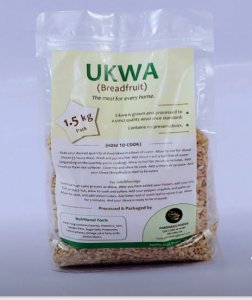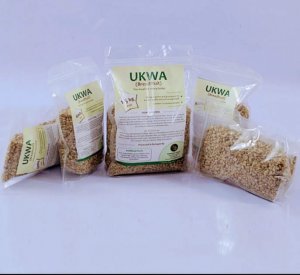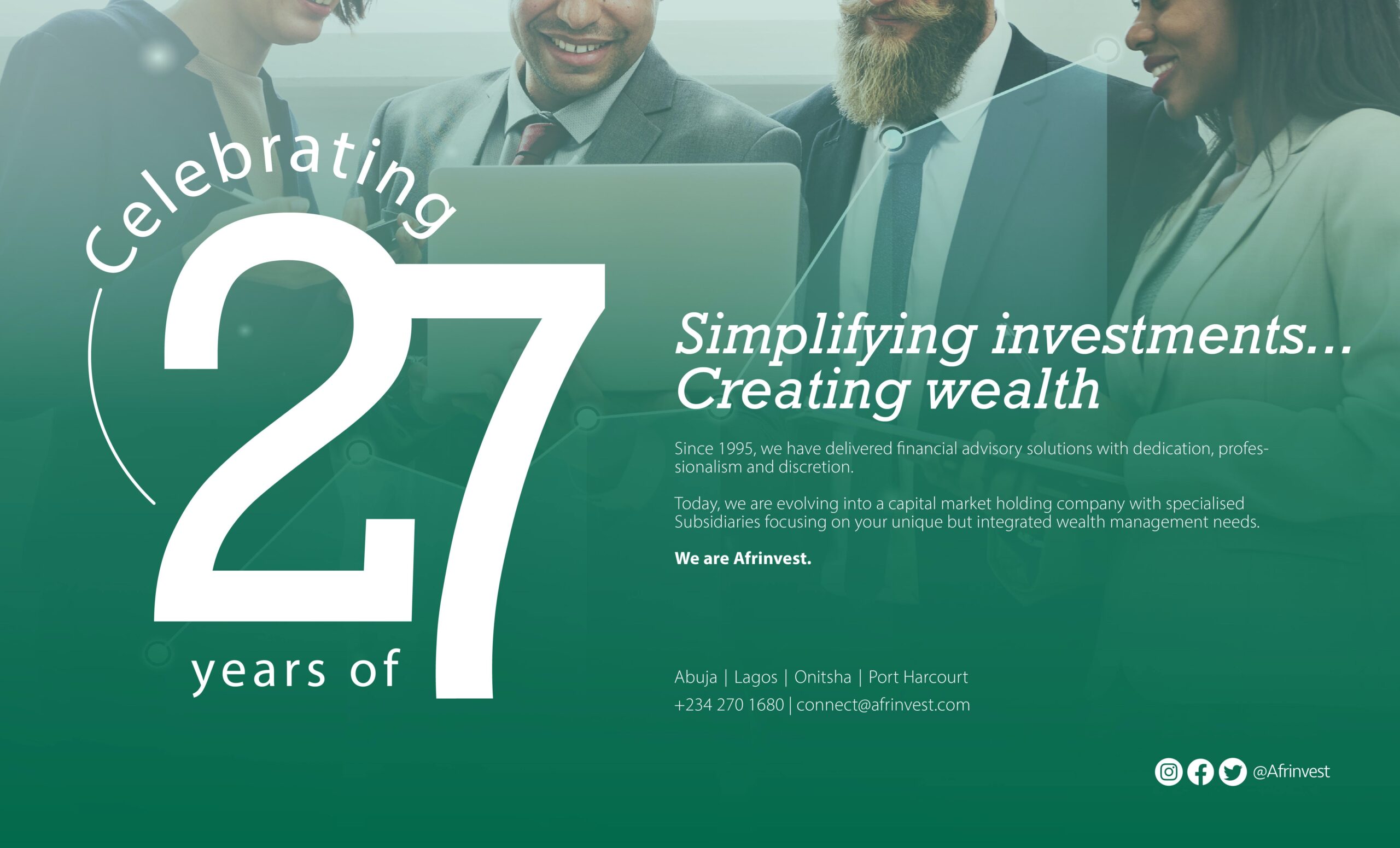Chichi Eriobu, the Founder/Chief Executive Officer of Phronesis Foods, has built a food brand. In this chat with NNAMDI ABANA, she discusses her journey as an entrepreneur.
What is the Phronesis Foods Nigeria Limited brand about?
Phronesis Foods is a food processing, packaging and export company focused on packaging some of Nigeria’s local foods and creating new product lines from existing local foods.
As a graduate, did you intend to become an entrepreneur?
After graduating from the university, I didn’t expressly intend to be an entrepreneur, but I knew I wanted to be an employer of labour. I remember I used to tell myself that I didn’t want to clutch my curriculum vitae knocking on doors for job. I think I was setting myself up for entrepreneurship without realising it.
Why did you delve from event planning into the food business?
I left event planning business because it was taking me too long to get jobs. That industry requires referrals, and I was practically a ‘nobody’ that didn’t know anybody as well. The jobs I had delivered prior to that time were pro bono, which still didn’t get me referrals.
I was also selling recharge cards, a business I had to leave because people owed me, and I was running into debts. I started supplying airtime to some of those in my immediate sphere of contact because I regarded them as my first port of call, but it became a challenge, as some of them would buy airtime and not pay on time or not pay at all. I automatically made enemies and realised it was time to walk away.
Besides, I always desired to own a global brand, and I knew the recharge card business was temporary.
What training did you get to get where you are today?
I started by taking online courses on entrepreneurship. Courses like idea generation, financial management and team building helped me. From online courses, I started paying for physical courses on entrepreneurship. The highest I paid for a particular course was about $120.
But beyond the courses, I started building my network of people by attending free events. I learnt a whole lot by observing others as well. I still take courses, both paid and free, and still learn by observing.
In entrepreneurship, you never stop learning; you would be out of business if you ever stop learning.
Are you now fulfilled being on your own?
First of all, I am not on my own. There is this belief that people become entrepreneurs because they want to be on their own. That is not exactly true. I am not on my own; I have board members, mentors, team members and customers, and I report to each of these groups when necessary.
I am happy to be an employer of labour like I desired when I was an undergraduate, but it’s a whole lot of work to manage people, to lead people, and to even be led.
So, there is no yes or no to this question for me, and I am not being humble saying this; I am stating exactly what it is for me.
 What are the challenges you encountered when you started the business?
What are the challenges you encountered when you started the business?
Phew! This question would always pop up in every interview I have had to give. And I get it. First, I wasn’t sure if my idea was good enough and if people would buy ukwa (breadfruit or Treculia Africana). Anyone could easily buy ukwa in the open market. So, I started talking about selling ukwa using social media even before I ever sold a pack.
Another challenge was storage. I didn’t understand the storage process of our product, and that made us run into losses, and in debt.
I also didn’t leverage my mother’s knowledge of the product, considering that she had been selling ukwa, though fresh ones, for more than 30 years. I didn’t consider her knowledge beyond product supplies and availability. If I did, we would have controlled some of the losses.
We also had the issue of financial management. We were making revenue, but there was no proper record. So, I was spending business money on another passion I had, and it really affected us badly.
I wouldn’t say we had funding issues because if I had taken more money than what we used to start, I would have sunk a lot of people’s money. I learnt that the presence of money in a business does not guarantee its growth. There were other factors to consider, some of which we were yet to get right.
To where do you intend taking Phronesis Foods?
Our intention is to make Phronesis Foods a global brand, a household name with respect to ukwa products first, and other local foods we would be adding to our range of products in the future. We want to be in every country where our primary customers are located, and every other person who desires healthy food options.
I have several ideas of what we can do with just ukwa, and we are not relenting. The market is big for us, and food business is not one that would ever go out of fashion – people need food to survive – and we’re here to ensure, through our range of products, that food sustainability is possible.
How has your family supported your career?
My family literally owns this ukwa business. I say this because I probably won’t be doing ukwa business if my mother hadn’t been in this very business for more than30 years. I began to think of what more I could do with ukwa beyond just the level my mother was doing her business.
So, yes, my family has been a backbone of this business. When the idea for ukwa poundo was conceived, I shared it with my family first, and I remember my mother saying, “ukwa poundo? Like swallow?” and I said yes. She wished me well and said she would like to taste it.
My siblings have also been very supportive with talking about Phronesis Foods to their friends and contacts.
I must also say that I have had really supportive friends, both on social media and off social media. I am not sure if we would have gone this far without their cheers, support, referrals and recommendations. I appreciate the support, and can’t thank them enough.
Who is your role model in the food business?
I don’t have any particular role model in food business, but I have role models in business generally. I love Strive Masiyiwa (executive chairman, Econet Global). I have learnt a lot following him via social media. I also admire Tony Elumelu, chairman of Heirs Holdings; Folorunso Alakija (managing director, Rose of Sharon); and my boss and mentor, Emeka Oguchi, the MD of Point Technologies Limited. These men and women have been great sources of knowledge and inspiration.
What difference do you see between an employee and an entrepreneur?
An employee works for the business owned by an entrepreneur. An entrepreneur is the engine room of the business. They are responsible for idea execution, business modelling, innovation and creation, employing and sacking, as well as birthing solutions.
But employee works for an organisation, helping to ensure that the vision of organisation is achieved through his day-to-day contributions.
Get real time update about this post categories directly on your device, subscribe now.



